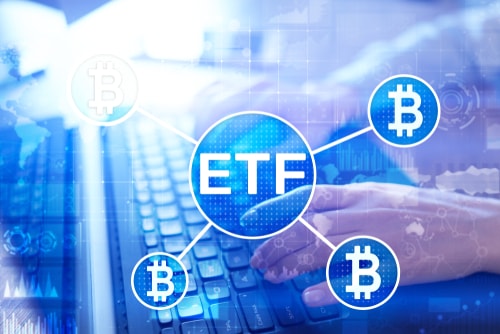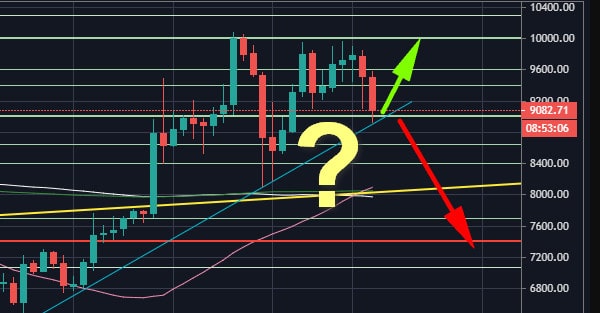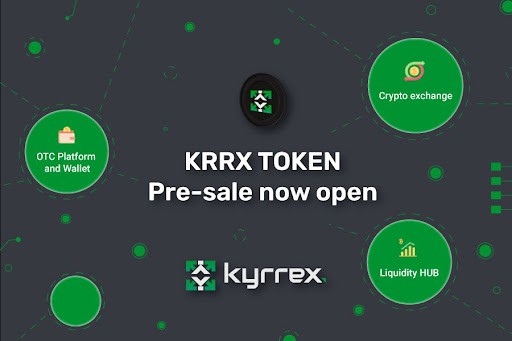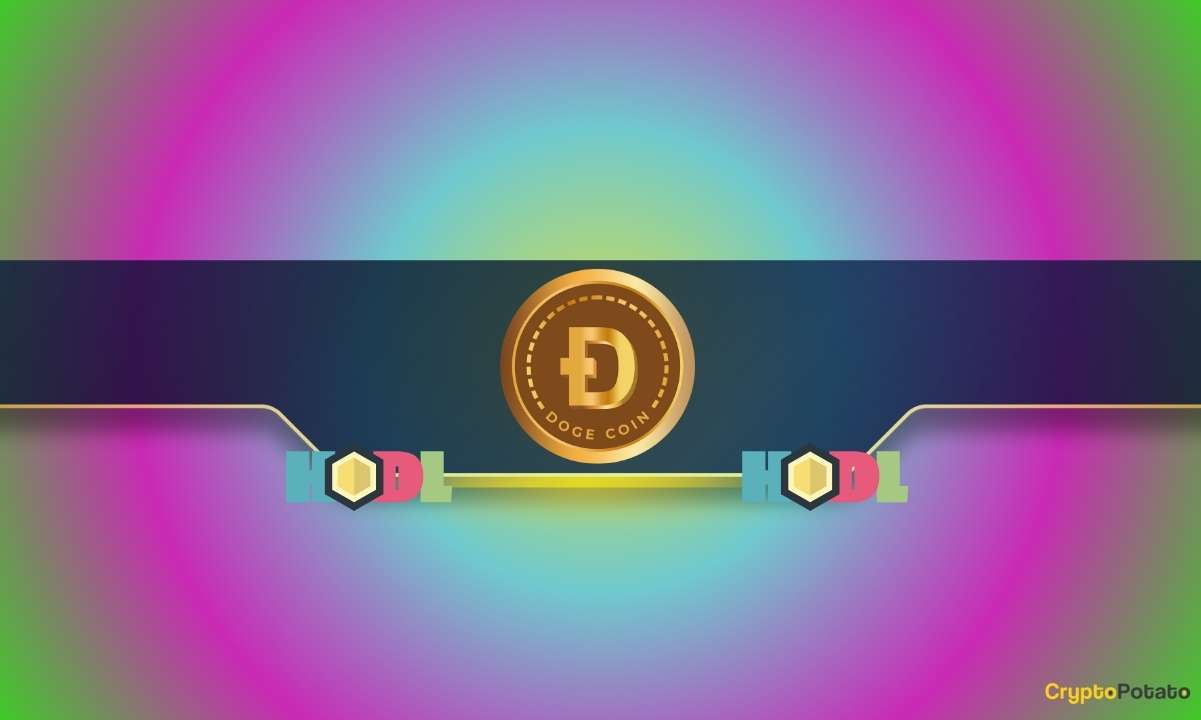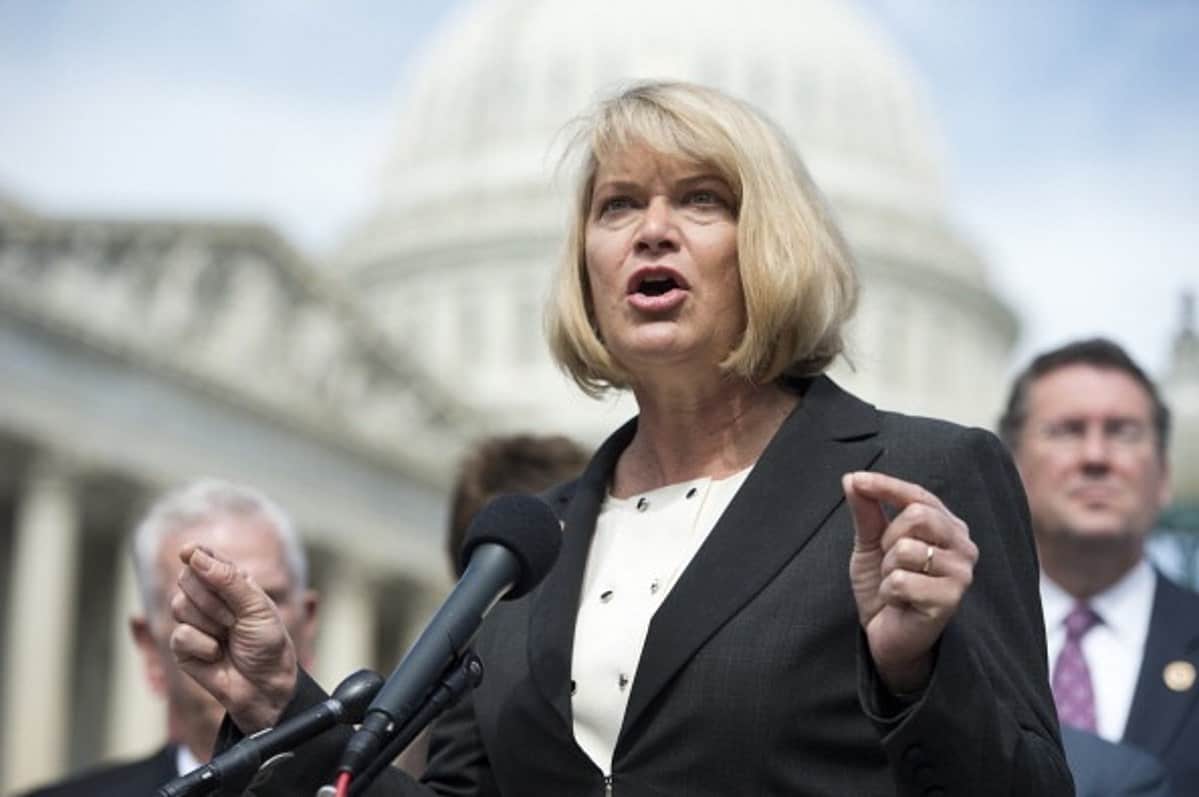Why The Majority Will Rush To Buy Bitcoin At Its ATH, And Not When It’s Low?
Despite briefly crashing to beneath $4,000 during the mid-March liquidity crisis, bitcoin has been on a tear through 2020. The last quarter of the year has turned out to be exceptionally bullish for the cryptocurrency as it more than doubled in value, broke the coveted $20,000 level, and painted a new all-time high slightly above $24,000.
Being adopted from institutions, celebrated investors, and regarded by mass media as an alternative to gold, the primary cryptocurrency has become one of the best-performing assets in this challenging year.
However, while this bull run resembles the 2017’s price actions to an extent, one part is substantially different – retail investors seemed absent until recently. Nevertheless, data shows that their interest has been spiking lately with BTC cruising into uncharted territory, which raises a few questions – why is bitcoin more attractive to the masses when its price is skyrocketing and is there another wave of retail FOMO heading this way?
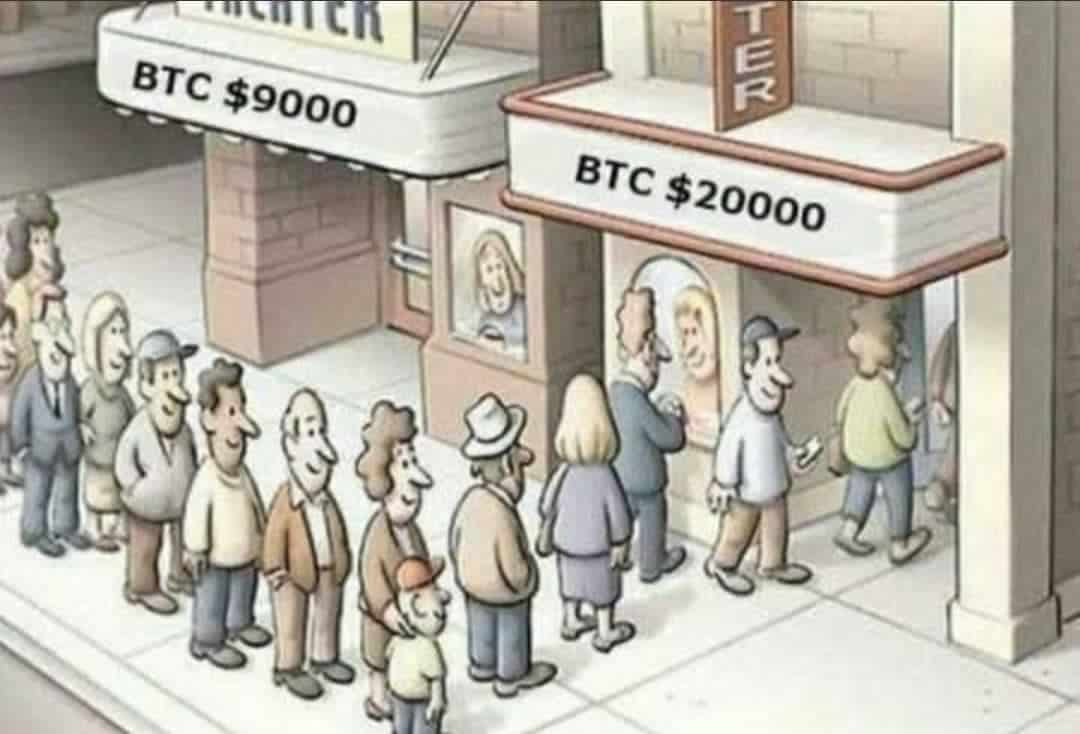
2020: Expectations Vs. Reality
When the new century began, the primary focus within the cryptocurrency community was on the upcoming Bitcoin halving. Scheduled to take place in mid-2020, it was touted as a significant game-changer, which would slow down the production of new coins even more. Relying on historical data, most bitcoin supporters expected a significant price boost following the long-anticipated event.
While the halving indeed arrived and slashed in half the number of new coins created with every block, 2020 will be remembered mostly with what came out of China – the COVID-19 virus.
This pandemic that spread worldwide in a matter of months hit all the crucial spots – people’s health, freedom, relationships, businesses, trivial everyday activities, and last but not least – global economies.
Most governments reacted by initiating full lockdowns in attempts to slow down the disease. While it’s still uncertain if those extreme measures helped people or simply prolonged the inevitable, one thing became evident – they affected the financial lives of countless people. To ease the pain, the governments started printing excessive amounts of fiat currencies to distribute them among their own citizens.
Who benefited the most from the trillions of fiat currencies that entered world economies is still debatable. However, these developments led to inadvertently promoting bitcoin.
How Did Bitcoin Attract “Smart Money?”
As mentioned above, institutions, prominent investors, and high net worth individuals seized this opportunity and started accumulating. Paul Tudor Jones III was among the first. The celebrated hedge fund manager purchased bitcoin and opined that it will serve as a hedge against potentially increasing inflation rates.
More followed – through his NASDAQ-listed business intelligence firm MicroStrategy, Michael Saylor bought millions of dollars worth in BTC for the company and himself. Large hedge funds such as One River Asset Management and Ruffer Investment did the same, while the Wall Street giant Guggenheim Partners filed a document with the SEC to allocate up to $500 million in BTC.
The so-called “smart money” – meaning institutions, market mavens, central banks, funds, and other financial professionals controlling sizeable capital – justified their decisions by outlining BTC’s limited supply, digital scarcity, and potential to be a store of value.
So, whether it is an effect of the halving, or the substantial amounts allocated in BTC from large investors, or, most likely, both, bitcoin experienced massive price growth in the past few months. The asset more than doubled its value since early October and recently charted a new all-time high above $24,000.
Are Retail Investors Finally Getting On The BTC Train?
And while “smart money” began entering the BTC space during the first wave of the COVID-19 pandemic, retail investors were absent.
These are individual investors who don’t have the time, skillset, or tools to make an in-depth market analysis. As such, these average investors typically make financial decisions by relying on mass media coverage, instinct, or simply follow the heard.
Bitcoin could be a perfect example of this, and Google Trends data is typically a good indicator of their behavior. As the graphs below show, the worldwide searches for “bitcoin” and “buy bitcoin” spiked to yearly highs just in the past few weeks – when the asset skyrocketed to and above $20,000.
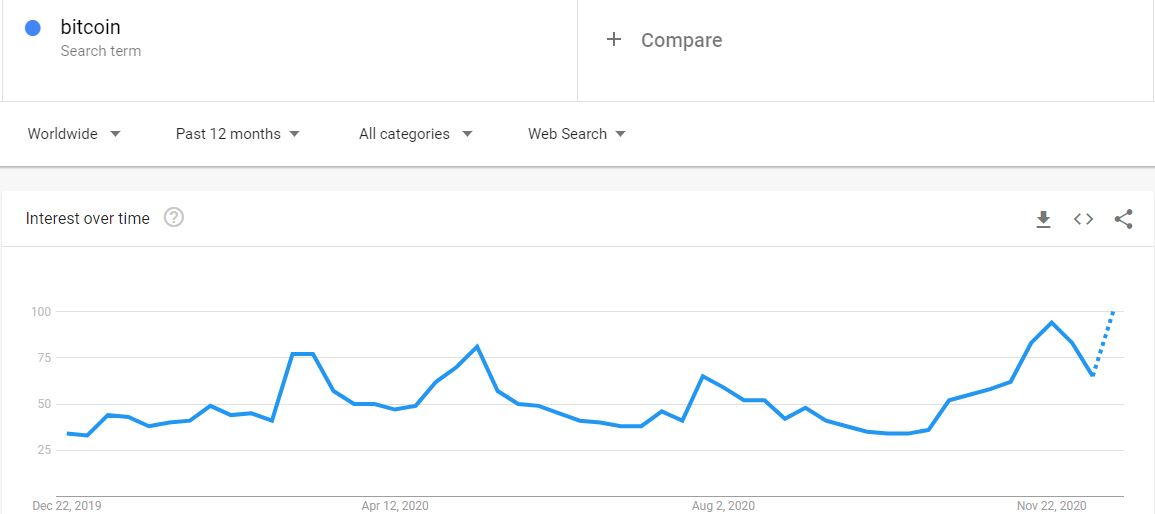
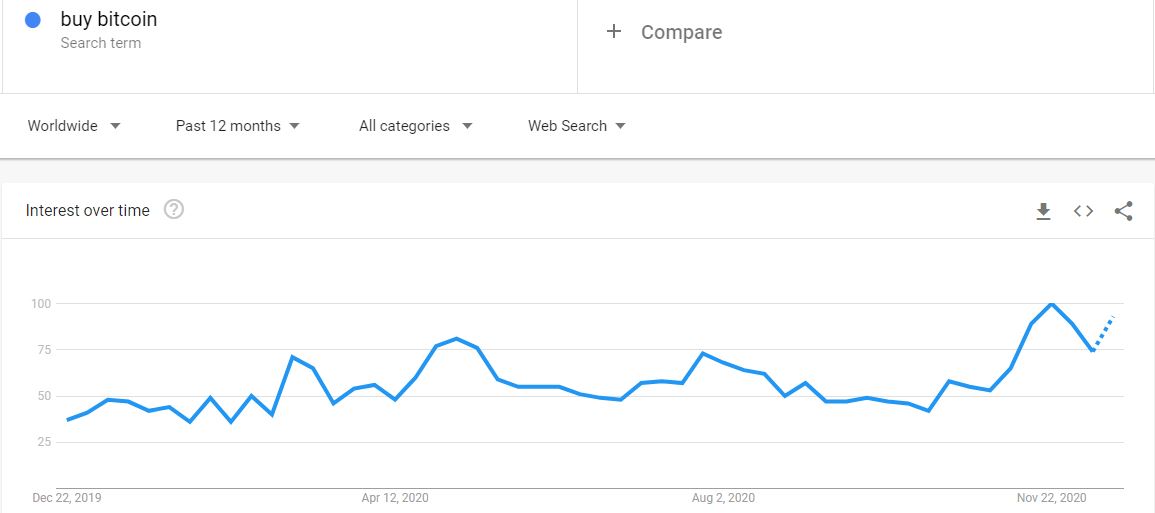
The cryptocurrency is a relatively new asset class that requires thorough research and understanding of its technology to understand its features and benefits. However, as most such investors lack the time and knowledge, they turn to historically bad financial advisors – mass media or a “friend.”
This prompts them to rush their decisions and purchase a financial asset when it’s hot (or expensive). This was the main driving force of the 2017 BTC parabolic price increase that ended up in agony for most and a year-long bear market for the cryptocurrency.
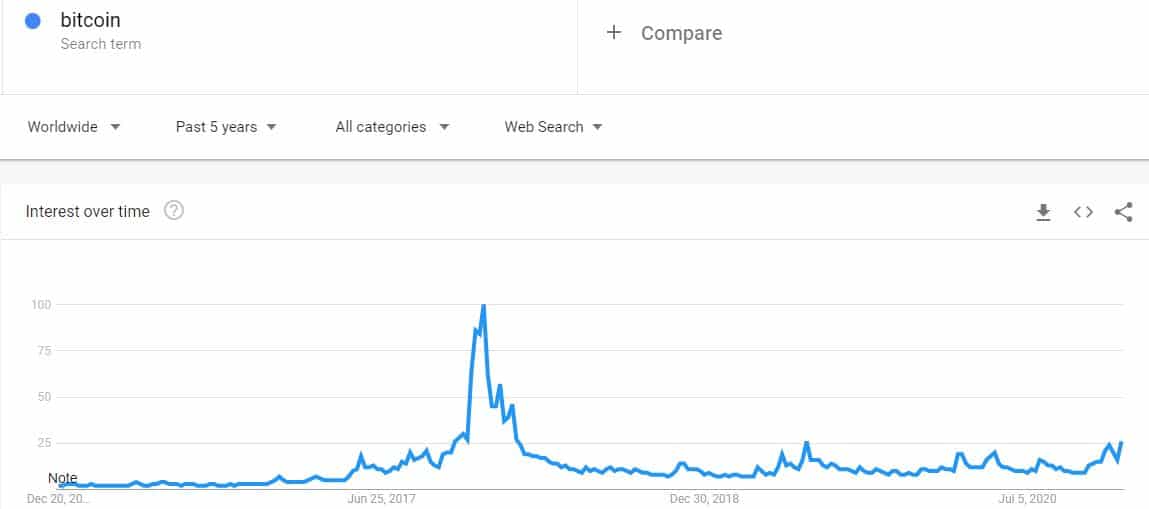
A recent tweet from Binance CEO Changpeng Zhao exemplifies this situation best – a friend who had asked CZ how to buy BTC now relied on the news, which told him that bitcoin was crashing at $3,000 and exploding $22,000. Consequently, this friend believes now is the time to enter.
Most crypto supporters and investors have such a “friend.” I know I have been asked multiple times in the past few weeks. New bitcoin and crypto groups frequently emerge on social media platforms, while traditional media rushes to cover the next big BTC move.
In short, the reason retail investors tend to buy when the price is high is because that’s usually when the asset has come to their attention through a range of other mediums. It’s hard to ignore something when the biggest companies and leading influencers (regardless of their experience) are vouching for it constantly, while its price marks a new all-time high day after day. This is where discipline comes into play, as well as the ability to be patient and ignore the urge to jump on the hype bandwagon, risking to buy the top.
As such, new (and old) investors need to be wary of the potential dangers and follow some basic investment strategies:
- Do your own thorough research, stick to the plan, and avoid relying on emotions, social media experts, or “friends” who have recently made a lot of money with this new and hot asset.
- Ignore any background noise (FOMO and media).
- Invest money that you could afford to lose. If your BTC investment keeps you awake at night contemplating whether the price goes up or down too often, it means that you have overdone it.
- Diversify. The oldest advice in the book – don’t hold all of your eggs in the same basket.
If you wonder whether you could try your hand at trading – you can check out these trading tips. In contrast, HODLing is always a good alternative.



